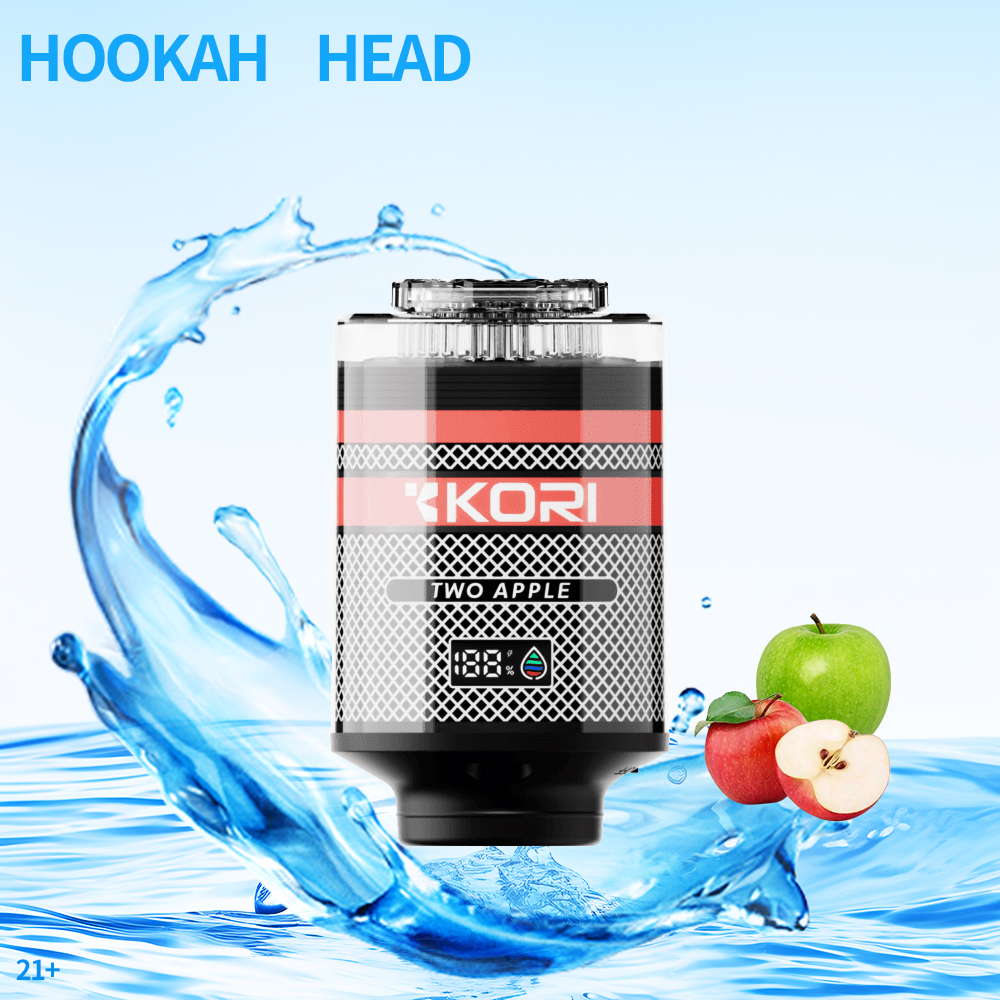Why Do Vape Shops Fail? Unraveling the Intricacies of the Vape Business
The vaping industry had once surged in popularity, evolving from a niche market to a significant player in the overall consumer goods landscape. However, with this rapid expansion came a wave of vape shops opening up, each hoping to capitalize on the trend. Sadly, many of these businesses have failed, leaving owners and entrepreneurs wondering, “What went wrong?” In this article, we will explore the numerous factors contributing to the failure of vape shops, offering insights that can help current and aspiring owners steer clear of common pitfalls.
Market Saturation and Competition
One of the primary reasons vape shops fail is market saturation. When the vaping trend gained momentum, it seemed as though every corner of a city had its vape shop. The allure of easy profits fueled countless new businesses, creating an environment where competition became fierce. In many areas, the excessive number of shops led to a crowded marketplace where drawing in customers became a daunting task.
Owners quickly discovered that without a solid marketing strategy or unique value propositions, attracting and retaining customers was nearly impossible. This issue became particularly prevalent in urban areas where vape shops proliferated. As a result, many businesses struggled to differentiate themselves, leading to a decline in sales that ultimately forced them to close their doors.
Poor Location Selection
The success or failure of any retail business can significantly depend on its location. Often, aspiring vape shop owners make the mistake of choosing locations that do not align with their target demographic. High foot traffic areas might seem appealing at first glance, but they come with hefty rent costs that could eat into profits.
Furthermore, if the selected area lacks a community of vaping enthusiasts or a sufficient customer base, it can prove detrimental. A poor location can result in low visibility and reduced sales. Many vape shops have failed simply because they existed in an unprofitable location, reinforcing the importance of conducting thorough market research before opening a business.
Regulatory Challenges and Compliance Issues
Vaping laws and regulations are continually evolving, creating a landscape that can be challenging for business owners to navigate. Many vape shops have faced legal complications stemming from non-compliance with local, state, or federal regulations. Failure to adhere to age restrictions, product labeling requirements, or licensing regulations can lead to hefty fines and even forced closures.
Moreover, inconsistency in regulations across different jurisdictions means that owners must stay informed about the legal landscape in their areas. This added layer of complexity can overwhelm many small business owners who are already juggling the operational demands of running a vape shop. Many have faced abrupt closures or costly legal battles due to their oversight of these essential regulations.
Inadequate Business Planning
Like any business, starting a vape shop requires a comprehensive business plan. This plan should outline everything from target audience and marketing strategies to financial projections. Unfortunately, many aspiring shop owners dive into the market without a clear strategy, leading to operational missteps and financial mismanagement.
Without a well-defined business plan, it’s easy to underestimate expenses or overestimate revenue. Many vape shops have failed due to insufficient cash flow, which often results from not budgeting for initial start-up costs, inventory management, and other ongoing operational expenses. Creating a realistic and thorough business plan is crucial for long-term success.
Lack of Customer Engagement and Community Building
Successful businesses are built on strong relationships with their customers. Yet, many vape shop owners overlook the importance of customer engagement and community building. Customers who feel a connection to a brand or shop are more likely to return, but if vape shops fail to create that bond, they risk losing clientele to competitors who do.
Hosting events, offering loyalty programs, and fostering a welcoming in-store atmosphere can enhance the customer experience. When vape shops neglect these opportunities, they miss out on the chance to create a loyal customer base and, as a result, often see a decline in sales and an increase in failure rates.
Poor Inventory Management
The vape industry is known for its rapid changes in trends, including the popularity of certain flavors and devices. Vape shops that fail to manage their inventory effectively can face severe consequences, such as overstocking unpopular products or running out of in-demand items. Both scenarios can result in lost revenue.
Effective inventory management requires a keen understanding of customer preferences and market trends. Businesses need to stay agile and adapt their inventory to align with current trends. Those that do not keep pace with industry changes may find themselves with outdated inventory, leading to financial losses and store closures.
Lack of Online Presence and Digital Marketing Strategies
In today's digital world, having a robust online presence is imperative for any retail shop. Many vape entrepreneurs fail to invest in digital marketing strategies, remain invisible to potential customers, and do not capitalize on online sales. The lack of a user-friendly website or a solid social media strategy can severely limit a vape shop’s reach, especially in an industry where younger, tech-savvy consumers dominate the market.
Engaging with customers online through social media and digital campaigns can significantly boost a vape shop's visibility and sales. Failing to embrace these digital marketing tools can contribute to a shop’s downfall, highlighting the necessity of a well-rounded marketing approach in the modern business landscape.
Neglecting Product Quality and Selection
Another crucial factor in vape shop failure is the quality of products offered. Vaping enthusiasts are often discerning customers entitled to great taste and quality. Vape shops that prioritize low prices over product quality risk damaging their reputation, leading to dwindling customer trust and loyalty.
Additionally, a limited selection can drive potential customers to competitors that offer a broader range of quality products. Vape shops must carefully curate their inventory, ensuring that they provide high-quality products that appeal to the preferences of their target market. Understanding consumer preferences and staying informed about popular brands is essential to maintaining a successful vape business.
Effective Risk Management
Finally, managing risk is essential for long-term success in the vape industry. As with any business, unforeseen challenges may arise. Owners must be prepared to adapt to changes in consumer behavior, regulatory shifts, or competition dynamics. Those who fail to have contingency plans or adjust their operations accordingly risk their businesses' viability.
In conclusion, the reasons behind the failure of vape shops are multifaceted. From understanding the saturation of the market, selecting the right location, and complying with regulations to engaging customers effectively, each factor plays a crucial role. By addressing these challenges and adopting a proactive approach, current and aspiring vape shop owners can position their businesses for success in this rapidly evolving industry.





